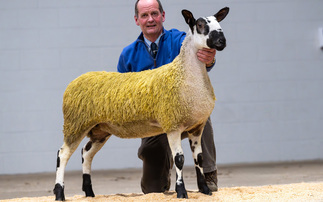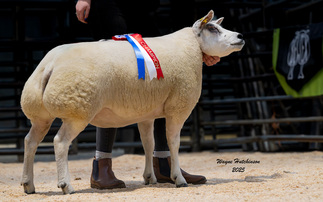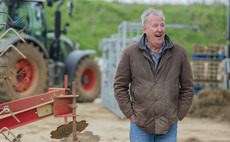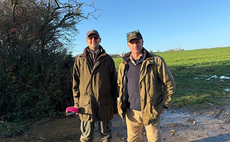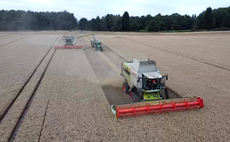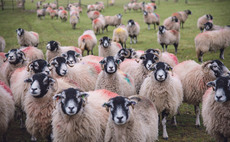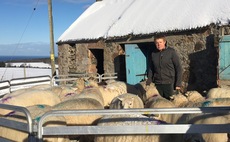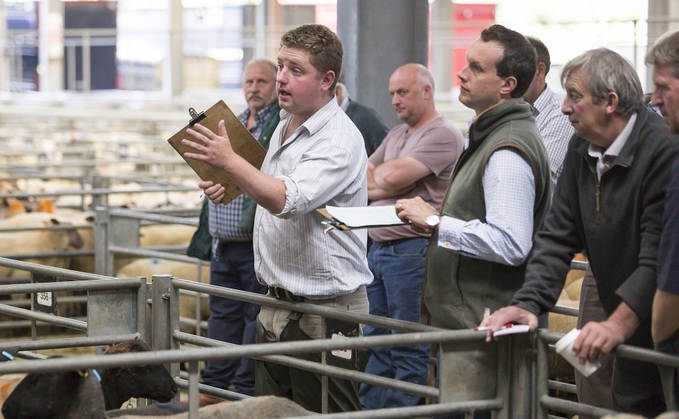
John Rossiter on record breaking sales.
Since my last writing in these pages we have had a very busy year in Ashford Market, with March, April and May, being the busiest months in both the sheep and cattle pens of the market.
This spring has been a period of many records, with prices at times soaring to levels that we have never seen before.
We have seen cull ewes well in excess of 200/hd, new season lambs over 170/hd, finished cattle in excess of 2000/hd and also stores over 1500/hd on many occasions.
In recent years we have seen considerably more leavers from livestock farming than we have seen new entrants, due to dwindling profits, aging farming populations and quite frankly, there being easier ways for the next generation to earn a weekly wage.
This exodus from livestock farming and ultimately meat production, has coincided with a period of change in eating habits during recent lockdowns.
These new trends have stayed on with many consumers, who have re-evaluated their cooking habits at home and are now eating more meat, but there is not enough to go around at many times of the year which has driven prices skywards.
This has come as a relief for many of our customers who finish stock on purchased concentrate feeds as prices for these inputs have risen by roughly 30 to 40 per cent at the time of writing, with many of these enterprises reconsidering their systems to reflect these cost increases.
These increases undoubtedly do hurt, but we must all realise that those who produce these feeds are also facing bigger production costs as their inputs are going up too.
Will it come back down in time? Who knows, but predicting trends is something I personally have found incredibly difficult in recent times and I certainly will not be making any predictions in writing here.
Our advice in the current farming landscape is constant and it is to stick to the systems you know and can do best ,with the resources that you have available to you.
Changing these by lambing later, or by not feeding lambs, will ultimately create over supply at times of the year and under supply at others.
Therefore creating volatile trading conditions, with few producers benefitting from the peaks and many are impacted by the dips.
We are now moving towards the first sale of store lambs this week, which at the time of writing, we are offering almost 6,000 store lambs on Friday, July 29, 2022.
Near drought conditions are now very evident across the south of the country, forcing many vendors to sell earlier than anticipated, but with good reports on store lamb prices across other early sales, it appears that demand is strong and that vendors will not be penalised by the trade.
The increased returns in the finished section may encourage some to buy now and finish intensively for sale this autumn as they have done in the past, but it remains to be seen if the high feed prices will discourage finishers to take this course of action this year.
John Rossiter
John Rossiter is the Director and Auctioneer at the Hobbs Parker Group. Call 01233 502 222 or email [email protected]





